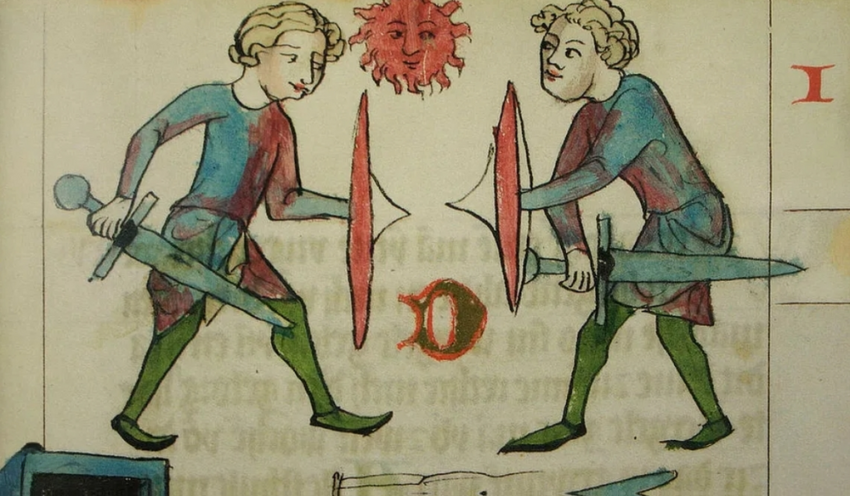Table of Contents
13 Insanely Profound Medieval Beliefs
The medieval period, from the 5th to the late 15th century, was a time of significant cultural, social, and religious development. This era was characterized by a complex tapestry of beliefs that influenced every aspect of life, from medicine and science to religion and society. Here are 13 profound medieval beliefs that shaped the world during this fascinating period.
1. The Divine Right of Kings
The belief that kings and queens were chosen by God and ruled with divine authority was central to medieval governance. This concept justified the absolute power of monarchs and made rebellion against them not only treasonous but also a sin against God.
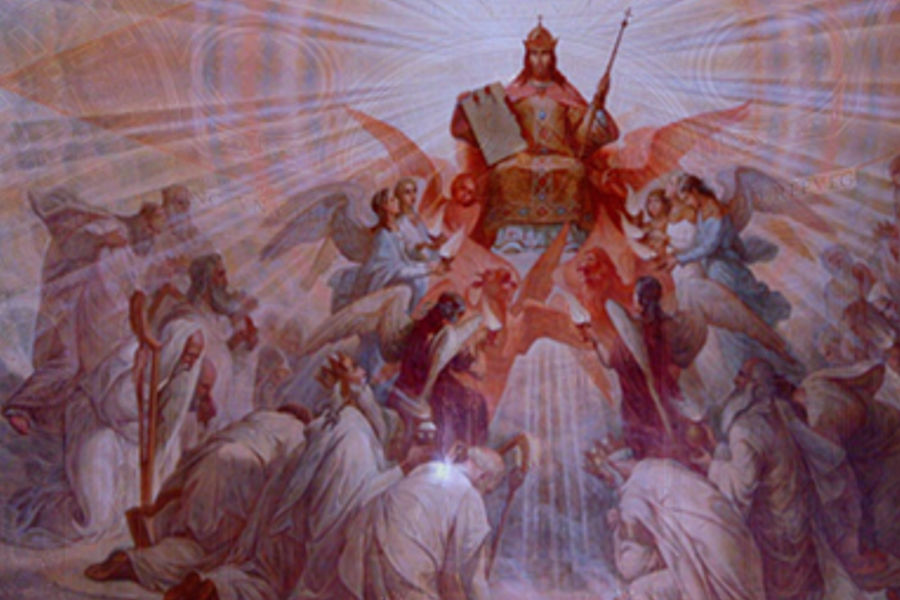
2. The Great Chain of Being
Medieval society was structured around the idea of a hierarchical order created by God, known as the Great Chain of Being. This chain placed God at the top, followed by angels, humans, animals, plants, and minerals. Each being had a specific place and role in the universe.
3. The Four Humors
Medicine in the medieval period was dominated by the theory of the four humors: blood, phlegm, yellow bile, and black bile. It was believed that an imbalance in these bodily fluids caused illness, and treatments aimed to restore balance through methods like bloodletting and diet regulation.
4. Astrology and Celestial Influence
Medieval people believed that the positions and movements of celestial bodies influenced human affairs and natural phenomena. Astrology was used to decide everything from medical treatments to political matters, and horoscopes were commonly consulted.

5. The Ptolemaic Universe
The medieval understanding of the cosmos was based on the Ptolemaic system, which posited that the Earth was the center of the universe. The sun, moon, stars, and planets were thought to revolve around the Earth in a series of concentric spheres.
6. Relics and Saints
The veneration of saints and their relics was a significant aspect of medieval religious practice. Relics, which were physical remains or personal effects of saints, were believed to possess miraculous powers. Pilgrimages to sites containing relics were common, as they were thought to bring spiritual benefits and healing.
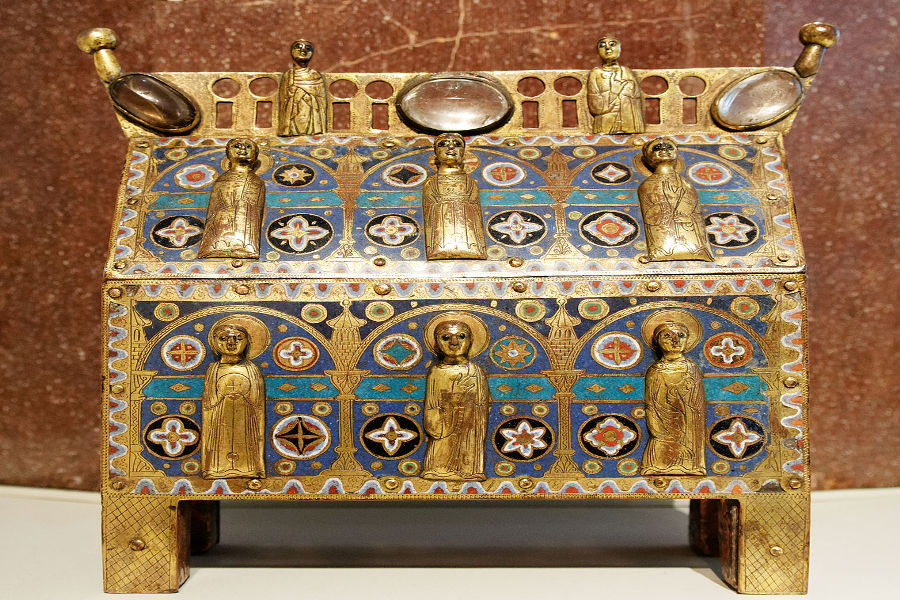
7. The Doctrine of Transubstantiation
In medieval Christian belief, the doctrine of transubstantiation held that during the Eucharist, the bread and wine used in the sacrament transformed into the body and blood of Christ. This miracle was central to the Catholic Mass and underscored the importance of the sacraments in medieval life.
8. Trial by Ordeal
Medieval justice sometimes involved trial by ordeal, a method of determining guilt or innocence through dangerous or painful tests. It was believed that divine intervention would protect the innocent and reveal the guilty. Common ordeals included holding a red-hot iron or retrieving a stone from boiling water.
9. Alchemy
Alchemy was a precursor to modern chemistry and involved attempts to transform base metals into gold and discover the elixir of life. Medieval alchemists believed that through the purification and transformation of substances, they could unlock the secrets of nature and achieve spiritual enlightenment.
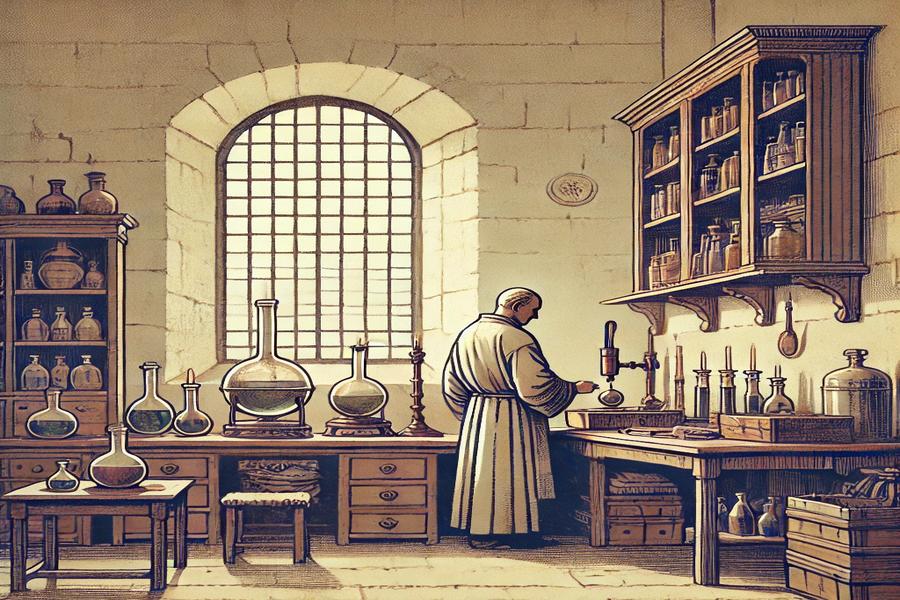
10. Feudalism and Vassalage
The social and economic structure of medieval Europe was based on feudalism, a system in which land was exchanged for military service and loyalty. Lords granted land to vassals, who in return provided military support and other services. This system created a rigid social hierarchy and a network of mutual obligations.
11. The Miasma Theory
The miasma theory was the belief that diseases were caused by “bad air” or miasmas, which were thought to arise from decaying organic matter. This theory influenced public health measures, such as the location of cemeteries and the design of cities, to avoid areas believed to harbor disease-causing miasmas.
12. Witchcraft and Superstition
Belief in witchcraft and magic was widespread in medieval Europe. Witches were thought to have made pacts with the devil and possessed the ability to harm others through supernatural means. Accusations of witchcraft could lead to trials and executions, often fueled by superstition and fear.
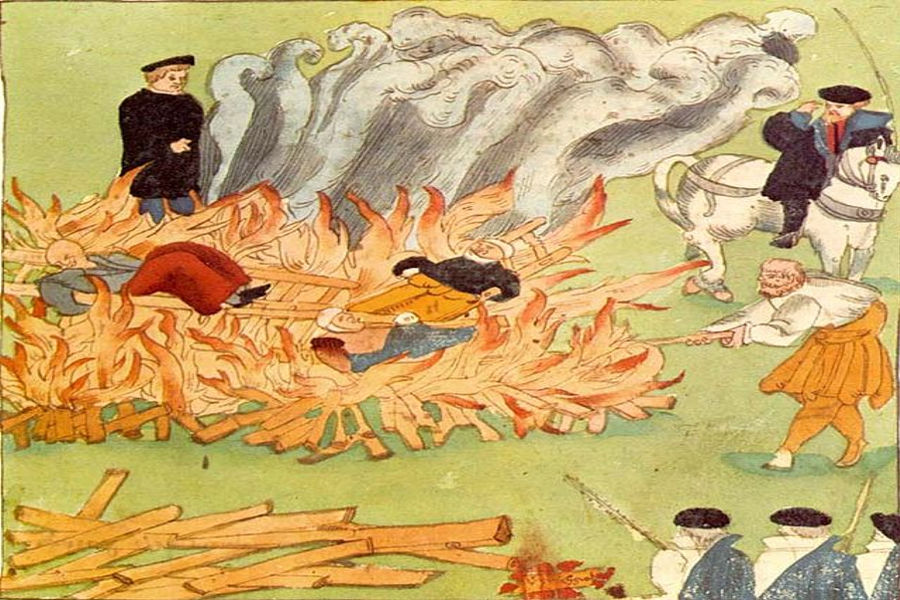
13. The Pilgrimage
Pilgrimages were an important aspect of medieval spirituality. People traveled to holy sites, such as Jerusalem, Rome, and Santiago de Compostela, seeking spiritual merit, penance, and miracles. Pilgrimages were seen as a way to demonstrate faith, seek divine intervention, and atone for sins.
Conclusion
These profound medieval beliefs highlight the complex and multifaceted worldview during the Middle Ages. From the divine right of kings to the veneration of relics and the fear of witchcraft, these beliefs shaped the social, religious, and scientific landscape of the time. Understanding these beliefs offers a window into the medieval mind and the forces that shaped history.
Have you seen these other categories?
